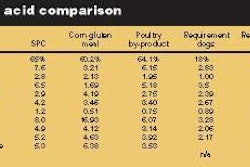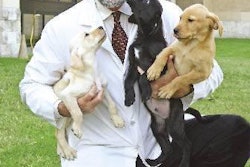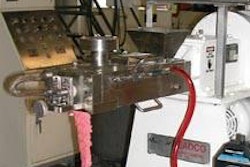Junk science is a derogatory term used to belittle supposedly scientific research, analyses or claims. It is usually driven by political or financial motives. There is often no agreement as to which side of a debate constitutes junk science and which sound science. Although, the scientific community may have an overwhelming majority opinion.
GMOs, BSE and animal rights
Public debates on environmental and public health issues seem particularly prone to this problem. These debates are further complicated when proponents of junk science use mass media to publicize outrageous claims or controversial research. In the petfood industry, think about debates concerning GMOs, BSE and animal rights.
In politics and advertising, the term astroturfing negatively describes formal public relations projects which deliberately seek to give the impression of spontaneous, grassroots behavior. The goal is the appearance of independent public reaction to a politician, political group, product, service, event, etc., by centrally orchestrating the behavior of many diverse and geographically-distributed individuals.
Trust us, we're experts
John Stauber and Sheldon Rampton of PR Watch believe that the term "junk science" is often used to deride scientific findings which stand in the way of short-term corporate profit maximization. In their book Trust Us, We're Experts (2001), they write that industry has launched multi-million-dollar campaigns to position certain theories as "junk science," often failing to employ the scientific method themselves. For example, it is alleged that the tobacco industry has used the term "junk science" to describe research showing negative effects of smoking and second-hand smoke, through various astroturf groups. More agreeable theories are praised using the term "sound science."
Another example for discrediting disliked scientific findings, is a campaign to "reposition global warming as theory, not fact" that is described in detail by Stauber and Rampton. Anti-global warming environmental scientists and spokespersons for corporations and government bureaucracies counter by saying that the scientific evidence used by their critics actually constitutes junk science and should not be used as a basis for policy (http:// wikipedia.org ).
The scientific method
The scientific method is fundamental to scientific investigation and to the acquisition of new knowledge. Scientists use observations and reasoning to propose hypothesestentative explanations for natural phenomena. Predictions from these hypotheses are tested by various experiments, which should be reproducible. A hypothesis must be falsifiable; in other words, it must be conceivable to prove the hypothesis to be false. If a proposition is not falsifiable, then it is not a hypothesis, and instead, an opinion or statement not based upon the scientific method.
Once a hypothesis is repeatedly verified through experiment, it is considered to be a theory and new predictions are based upon it. Any erroneous predictions or unexplained phenomena, initiate the generation of correction to hypotheses, which are themselves tested, and so on. Any hypothesis which is strong enough to make predictions can be tested in this way.

















